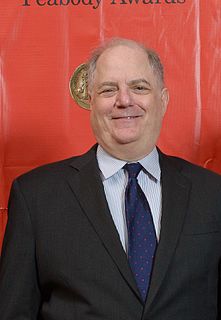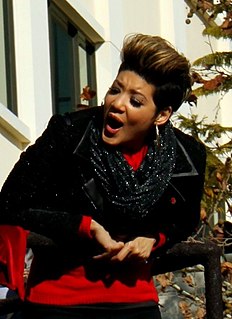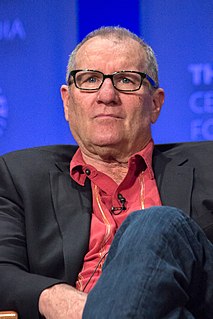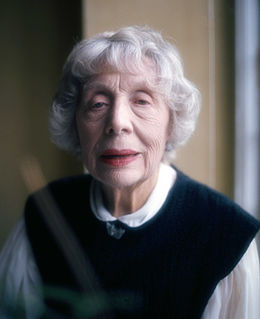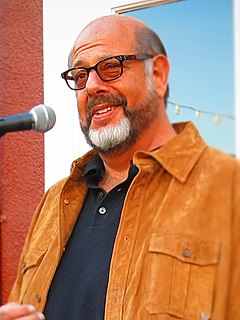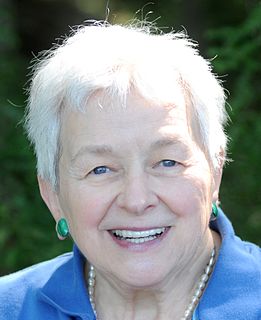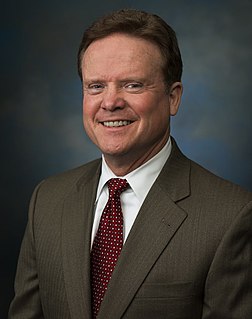A Quote by Frank Rich
The actor doesn't merely command the stage, he seems to own it by divine right.
Related Quotes
Euripides seems to have felt that the dignified perfection of Sophocles could be challenged only by novelty and irresponsibility. The religious conditions of the Dionysian festival kept him within certain bounds. But within the imposed limits Euripides was as profane as he dared to be, making melodrama of the divine realities which his predecessors accepted religiously, using the stage merely as a convenience for popularizing his own eccentric values.
The entire object of true education is to make people not merely do the right things, but enjoy the right things — not merely industrious, but to love industry — not merely learned, but to love knowledge — not merely pure, but to love purity — not merely just, but to hunger and thirst after justice.
[Religion] attacks us in our deepest integrity - the core of our self-respect. Religion says that we would not know right from wrong, we would not know an evil, wicked act from a decent human act without divine permission, without divine authority or without, even worse, either the fear of a divine punishment or the hope of a divine reward. It strips us of the right to make our own determination, as all humans always have, about what is and what is not a right human action.
